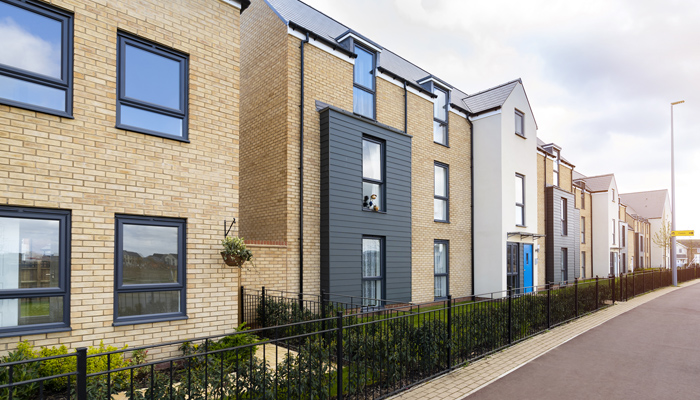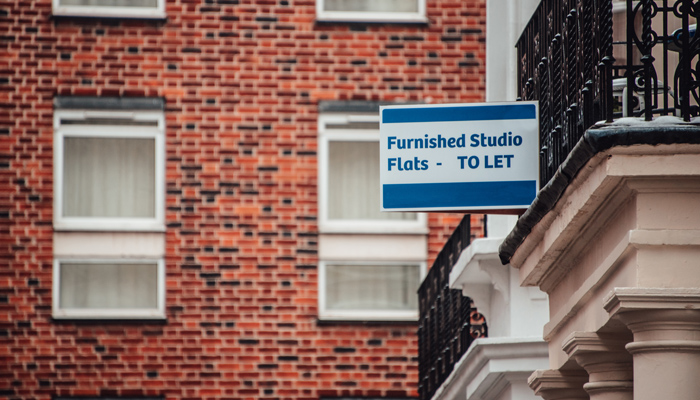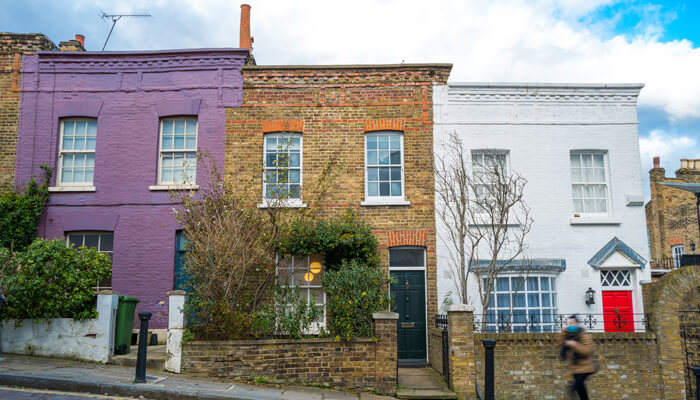How Do Buy-To-Let Mortgages Work?
Buy-to-Let mortgages differ from common mortgages. Details such as interest rates, deposits and fees all mean that budding landlords need a better understanding of how their lettings will be financed and what the differences are between a normal mortgage and a buy-to-let mortgage.
When you buy a property with the sole intention of renting it out (including landlords adding to an existing property portfolio), you need a buy-to-let (BTL) mortgage. While this is a great strategy for becoming a first-time property investor, there are a few key differences to consider:
Your Rent is Your Primary Source of Income
A big difference is that most lenders consider your rent to be your primary source of income, as opposed to your salary. As with a normal mortgage, you can repay this loan through the lender's standard variable rate or through a fixed rate deal.
Also, beginning in 2017, your rent will need to be at least 145% (up from 135% currently) of your annual mortgage interest payments. As an example, if your annual interest costs are £20,000, you'll generally need to prove that your annual rental income will be at least £29,000.
BTL Mortgages are Interest-Only
Unlike a normal mortgage, you don't pay anything off the lump sum borrowed each month. Instead, as in the example above, you pay based on your interest costs. Naturally, once the mortgage term expires, you'll have to repay the entire capital.
You Typically Must Pay a Higher Minimum Deposit
The deposit on a BTL mortgage can be anywhere from 20–40%, but the typical minimum deposit is a quarter of the property's value (25%).Some reports are saying it’s getting harder and harder to get a mortgage (or get an affordable mortgage) without a high deposit of 40-50%.
Your Interest Rates & Fees are Also Higher
Banks and other lenders tend to consider BTL mortgages higher risk than residential property mortgages, which means that your interest rates and fees tend to be higher on a BTL mortgage.
Most BTL Mortgages are Unregulated
When you get a mortgage for a residential property, lending is regulated by the Financial Conduct Authority (FCA). BTL mortgages are usually unregulated, which means that it's considered to be a business transaction.
If you want to avoid taking out an unregulated mortgage, look for a BTL lender that is FCA certified. Most lenders will still try to provide you with good advice and the best rates possible, even on an unregulated mortgage, but be aware that you have fewer protections in place.
Other Considerations
Some standard considerations apply when looking at a BTL mortgage. Obviously you'll have an easier time securing a mortgage with a better rate if you have a good credit score and if your other debts aren’t too large.
Most lenders also have an upper age limit—typically around 75-years-old. You can't be older than this age limit by the time the mortgage ends.
Also, note that a new Stamp Duty Land Tax (SDLT) was introduced on 1 April 2016. With this new tax, landlords pay an extra 2% tax for the first £125,000–£250,000 spent on their property and 5% tax after that. Note that on properties exceeding £925,001, the SDLT jumps exorbitantly. When considering your budget, don't forget to consider how this extra tax affects you.
Where to Go From Here
Your next step should be figuring out whether your best option is to rely on a mortgage broker or not. While many banks offer buy-to-let mortgages, mortgage brokers and independent consultants will often give you more unbiased options.
You may also want to consider buy-to-let insurance, to protect your property and your liability. Buy-to-Let Insurance can also be applied if your building is uninhabited, so that you don't miss any of your rental income payments. If you own another property which is not rented out but is unoccupied for periods throughout the year, you should also consider unoccupied property insurance.
About the author
 Alison Wild BCom (Hons), MAAT, MATT, Taxation Technician is a highly respected industry professional who has been working with and advising SMEs in areas including tax, pensions, insurance and marketing for over 25 years. She is a member of the Association of Accounting Technicians (AAT) and Association of Tax Technicians (ATT) and also has over 20 years' experience as a residential landlord.
Alison Wild BCom (Hons), MAAT, MATT, Taxation Technician is a highly respected industry professional who has been working with and advising SMEs in areas including tax, pensions, insurance and marketing for over 25 years. She is a member of the Association of Accounting Technicians (AAT) and Association of Tax Technicians (ATT) and also has over 20 years' experience as a residential landlord.
Date: June 02, 2016
Category: Commercial Property













